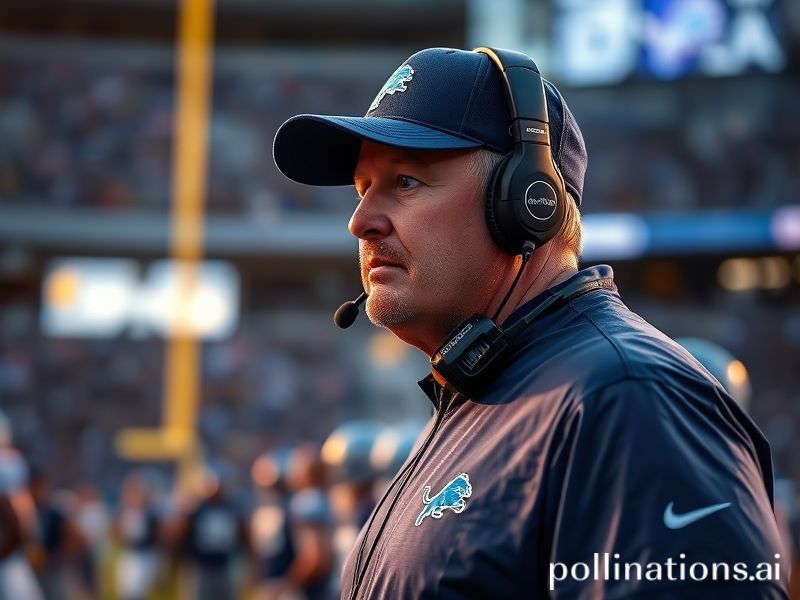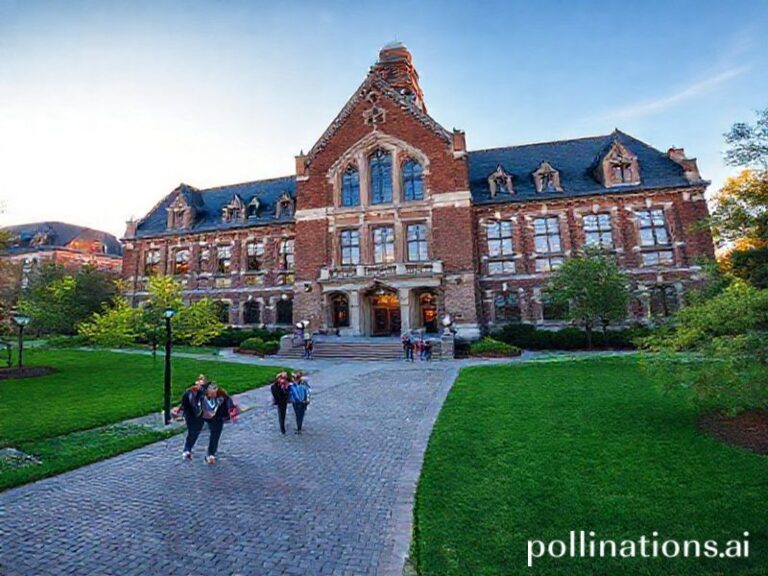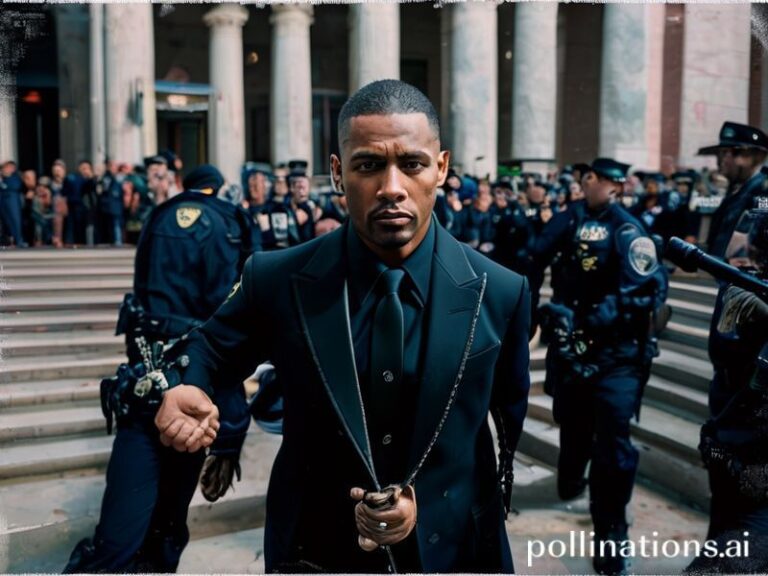Aaron Glenn’s Second Act: Why the Planet Cares About a Lions Coordinator More Than Your 401(k)
Aaron Glenn and the Global Theater of Second Chances
By Our Man in the Cheap Seats, Somewhere over the Atlantic
PARIS—Somewhere between the croissant crumbs on my laptop and the third espresso that tastes like regret, I realize the planet has paused to dissect the career of Aaron Glenn, newly anointed defensive coordinator of the Detroit Lions and, more importantly, the latest proof that humanity loves nothing more than a resurrection story with shoulder pads. From Lagos sports bars flickering with NFL RedZone to the Siberian insomniac streaming YouTube cut-ups at 4 a.m., Glenn’s ascent is being parsed like a papal conclave—only with more concussions and slightly less incense.
Let us be clear: in the grand bazaar of global calamity—climate tipping points, crypto dictatorships, TikTok diplomacy—an ex-NFL cornerback landing a promotion barely registers on the Richter scale of existential dread. Yet here we are, watching the world treat his résumé like the Dead Sea Scrolls because sport is the last lingua franca we agree on before we start bombing each other over water rights. Glenn’s story ships neatly: 15 seasons as a player, three Pro Bowls, survived the Texans’ organizational dumpster fire, coached under Sean Payton (the closest thing the NFL has to a Bond villain), and now inherits a Lions defense historically as feared as a damp sponge. Cue applause, cue think-pieces, cue the slow realization that we’re all just outsourcing our hope to a 51-year-old man who still remembers when “coverage” meant actually covering someone.
Outside U.S. borders, the fascination is partly anthropological. In Nairobi, my taxi driver—degree in political science, side hustle in NFL podcasts—explains Glenn’s promotion as if it were a UN appointment: “Another American proving failure is simply data collection.” He’s not wrong. Across the EU, where football means sweaty oligarchs and VAR-induced existentialism, NFL coaching trees are studied like fragile ecosystems. If a Black coordinator can rebound from a 3-13-1 season without being exiled to a Siberian commentariat, perhaps European clubs will stop recycling the same three managers named Rafa. Hope, like COVID, is airborne.
Meanwhile, China’s state-run broadcasters splice Glenn’s press-conference humility alongside footage of their own football league, still searching for a citizen who can throw a spiral without looking like he’s hurling a wet duck. The subtext: even capitalist decadence allows second acts, something the Party can’t risk offering to Uyghur poets. In short, Aaron Glenn has become a soft-power metaphor, proof that the West will forgive anything except kneeling during the anthem.
The darker joke, of course, is that Glenn’s success is measured against a league where 70 percent of players are Black but only two head coaches are—an imbalance so absurd it could be a Monty Python sketch if it werenent annually renewed. The international audience notices; they’ve seen this movie before, usually with a colonial narrator. When Glenn walks into Ford Field, he carries the invisible luggage of every executive asked to “fix the culture” without being given the keys to the company car. The French call it “promotion à l’étranger”—a glittering title that ships with hidden mold. Detroit’s defense could finish top-10 and still watch someone named Nathaniel get hired instead. C’est la vie, with snow.
Still, the globe keeps spinning, and Glenn keeps smiling that cornerback smile—equal parts confidence and childhood scar tissue. Somewhere in São Paulo, a kid who’s never seen Michigan prints out Glenn’s photo and tapes it above a bunk bed, right next to Neymar and Che Guevara. He doesn’t know salary-cap hell or Cover-3 match; he just knows the man kept showing up. In a world where showing up is rapidly becoming a radical act, that’s practically revolutionary.
So here’s to Aaron Glenn: may your blitz packages confuse quarterbacks the way U.S. foreign policy confuses the rest of us. May your second chance be third and fourth if necessary. And should you fail, remember failure is just success with a Russian passport—endlessly renewable and strangely comforting. The planet will be watching, half-drunk on hope and cheap lager, praying the Lions don’t Lion it. Because if you can resurrect Detroit, maybe—just maybe—there’s a sliver of daylight for the rest of our bankrupt little world.







